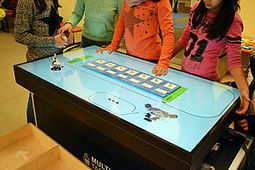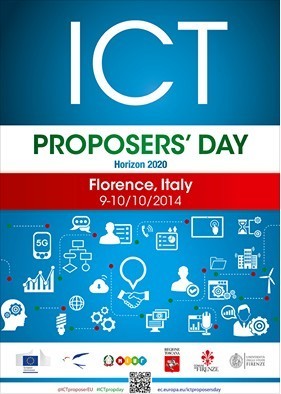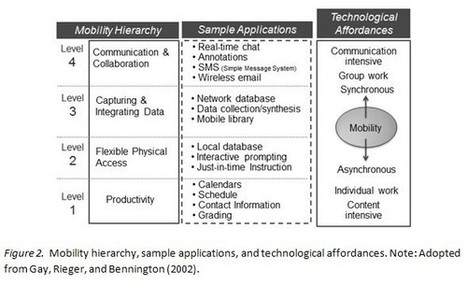— Breaking up and spacing out study time over days or weeks can substantially boost how much of the material students retain, and for longer, compared to lumping everything into a single, nose-to-the-grindstone session.
— Varying the studying environment — by hitting the books in, say, a cafe or garden rather than only hunkering down in the library, or even by listening to different background music — can help reinforce and sharpen the memory of what you learn.
— A 15-minute break to go for a walk or trawl on social media isn’t necessarily wasteful procrastination. Distractions and interruptions can allow for mental “incubation” and flashes of insight — but only if you’ve been working at a problem for a while and get stuck, according to a 2009 research meta-analysis.
— Quizzing oneself on new material, such as by reciting it aloud from memory or trying to tell a friend about it, is a far more powerful way to master information than just re-reading it, according to work by researchers including Henry Roediger III and Jeffrey Karpicke. (Roediger has co-authored his own book, “Make It Stick: The Science of Successful Learning.”)
Learn more / En savoir plus / Mehr erfahren:
https://gustmees.wordpress.com/2016/03/14/time-the-most-important-factor-neglected-in-education/
http://www.scoop.it/t/21st-century-learning-and-teaching/?tag=Brain
Via
Gust MEES,
massimo facchinetti



 Your new post is loading...
Your new post is loading...




















Smartly regulating financial innovation requires all stakeholders – the financial sector, start-ups, regulators and academics – to understand technology and law.'
Learn more / En savoir plus / Mehr erfahren:
http://www.scoop.it/t/luxembourg-europe/?tag=Digital+L%C3%ABtzebuerg
http://www.scoop.it/t/luxembourg-europe/?&tag=FinTech
http://www.scoop.it/t/luxembourg-europe/?&tag=Laws
http://www.scoop.it/t/luxembourg-europe/?&tag=University+Luxembourg